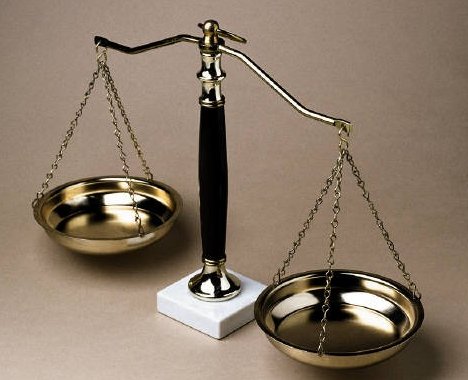
 |
|
| Attorneys at Law |
Disclaimer: The information contained in this FAQ is provided for general information purposes only and is not intended to be a legal opinion, legal advice or a complete discussion of the issues related to the selection of an attorney. Every individual's factual situation is different and you should seek independent legal advice from an attorney familiar with the laws of your state or locality regarding specific information.
In these economic times, more and more people are filing for personal and business bankruptcy. While bankruptcy can truly be a lifesaver, protecting your home and your assets from creditors, it should be the last option to deal with your money troubles. Far better is looking at your financial health and trying to fix it before things reach bottom.
First, give yourself a financial checkup. Many people run into difficulty when their credit cards get to be more than they can afford. Ask yourself these questions:
If you answer "Yes" to two or more of these questions, you may be headed for trouble.
Divorce, illness or death of a family member, job loss or job change are the biggest causes of bankruptcy. While there is often little you can do to prevent these situations from occurring, you may find yourself overextended or simply without enough money to go around. Frequently, it is the cumulative addition of many regular monthly payments which add up to an overwhelming burden. You may want to consolidate these payments into a single, much smaller monthly payment at a far lower interest rate through a home equity line or bill consolidation loan. If you get one of these loans, however, it is very important to cut up all but one or two credit cards and use the remaining cards only for emergencies. Even after taking out a loan to pay off their credit cards, many people just continue to use them as if nothing had changed . . .and end up in an even worse situation.
If you can't make the payment on a credit card, or on any other obligation (including your mortgage), call the creditor as soon as you run into trouble and let them know you're having a problem. In most cases, the creditor will be happy to work with you, either setting up a special payment plan or working out some other arrangement both of you can live with. If you don't call, the creditor will assume that you just don't want to pay, and will be far more difficult to work with down the road.
If you find yourself in a real bind, or need further information, call us. We are experienced in all aspects of collections and bankruptcy. We can help you restructure your finances, schedule workout arrangements and, if necessary, advise and represent you in bankruptcy. We can help you out of your financial troubles. Please call us at (301) 924-4400 or e-mail us at lawyer@erols.com.
|
Home About the Firm Practice Areas Attorneys FAQ LawLinks News Contact Us Disclaimer |